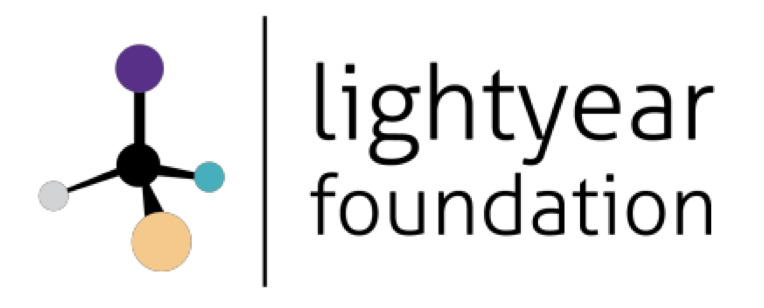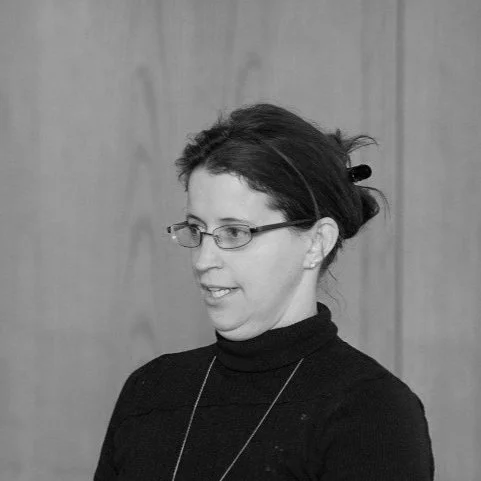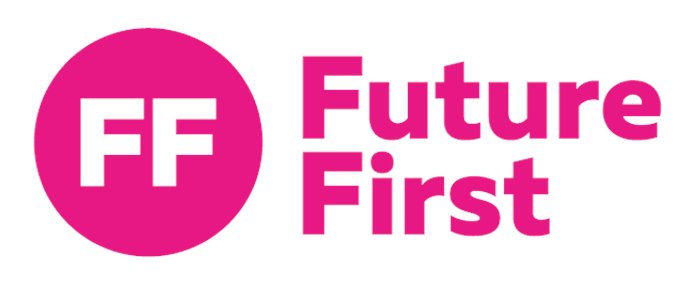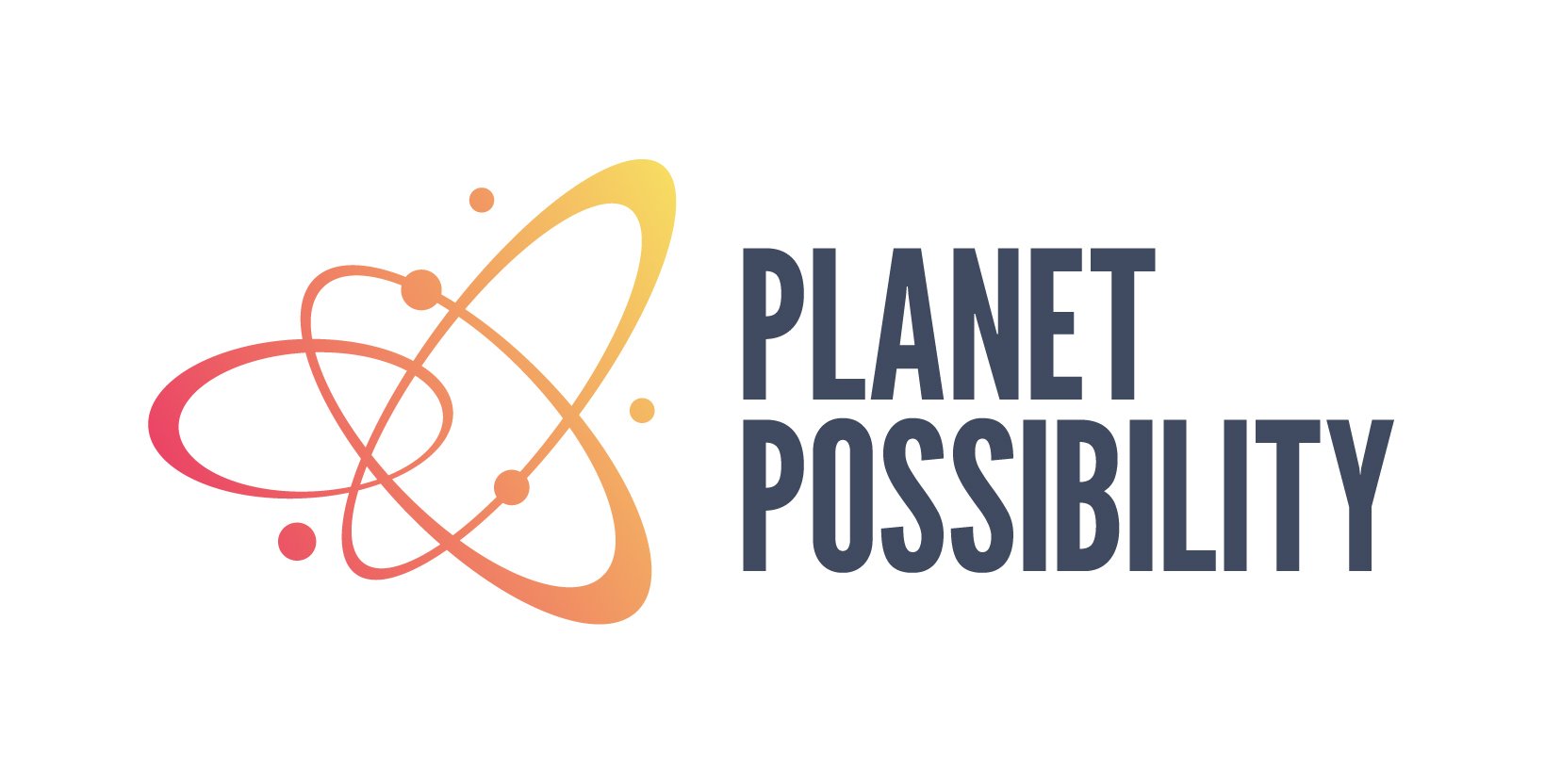CELEBRATING STEM STORIES
Sara Fletcher
Job Title: Programme Evaluation Manager, Science and Technology Facilities Council
Disability: Dystonia
Why did you want to work in STEM?
My dad was a chemist so, in part, I just saw it as a normal career route, and I was good at it in school. I loved the whole idea of carrying out experiments to answer the many “But, why?!” questions I bugged my parents with. In physics in particular I loved that it ranged from the very small (subatomic particles) to the size of the universe, and the fact that at both ends of the scale there are still many questions to be answered.
What’s your favourite thing about your job or about working in STEM?
There’s always something new to learn! I get the chance to talk to a lot of different researchers about what they do, which is fascinating, and then my role is to understand what that research means, what impact it could have on society and why funding research is so important to solve global challenges like the energy crisis or climate change.
What are your top tips for a young disabled person interested in STEM as a career?
STEM is not just an academic discipline, there are many career paths open to you. Use organisations like Lightyear to find people to talk to about science and see where you think your skills might fit. I have been able to develop and shape my own career and have had a lot of freedom to do what interests me, so the more you understand about yourself and what you love, you can do the same, and if you find after a while it doesn’t suit you any more, you can change!
What advantages has your disability given you in the field?
In a sense it has been more the other way round! Understanding the scientific approach and applying it in my own life I have found ways to do things and technologies that help me overcome potential barriers, and manage my condition. I am also a very creative problem solver, and super-organised as a result of managing life, work and family with a chronic condition!




